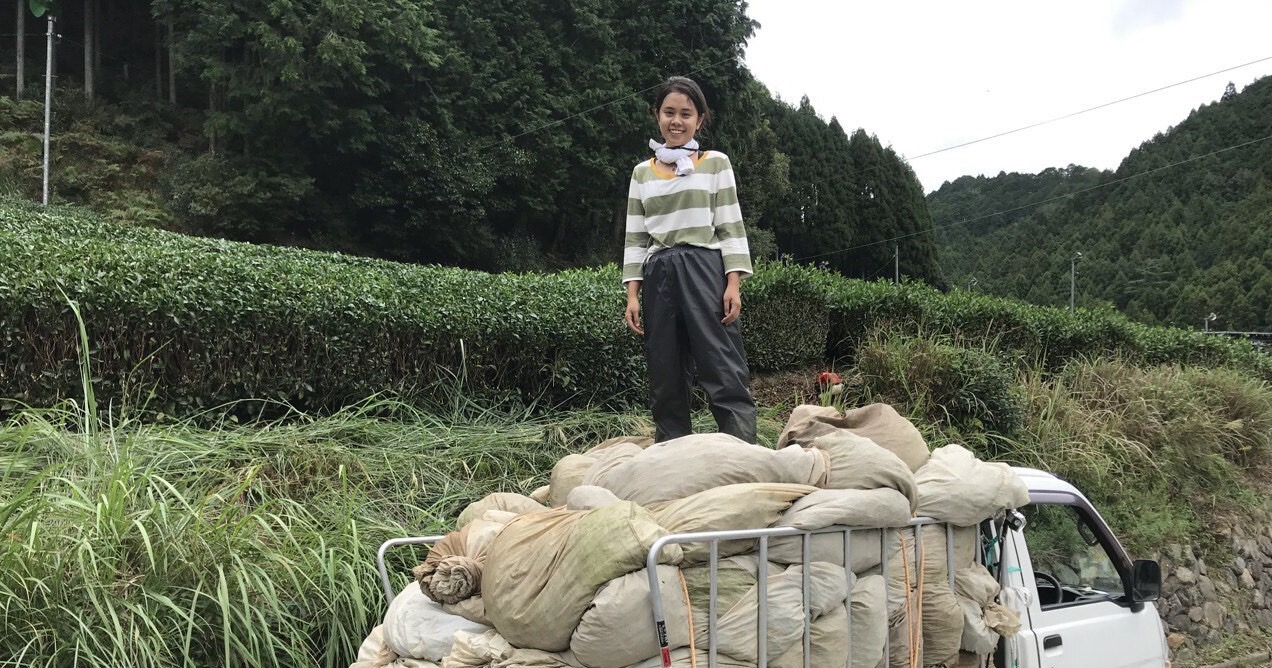Top image: Ryhan
In ‘Singaporeans Abroad’, we share with you the stories of locals who—thanks to living in a globalised world—have found success in different corners of the globe, whether financially, romantically, or for the pure joy of adventure.
We’ve recently heard from Master Lim Say Fon, the stockbroker who decided to quit his job to become a master of incense, and Kenneth, head chef at the world’s best restaurant.
Now, we bring you 29-year-old Ryhan Mohd Yazid, who left her job as a research analyst in Singapore for Japan to be a tea farmer.
Yes. I left Singapore three years ago for the land of the rising sun because I went through a devastating breakup. After I quit my job, there was nothing else tying me down to Singapore aside from family. My family was supportive too so that made the move even easier. I was free.
I’ve lived in Japan since the tail end of December 2019, working and paying my dues as a tea farmer. I’ve been doing this full-time since then and only started studying at the Graduate School of Agriculture at Kyoto University last year.
ADVERTISEMENT
Before moving to Japan, I worked as a research analyst in Singapore. Most of my work centred around utilising technology for sectors like finance and agriculture—though I focused more on the latter.
Still, I figured it’s a bit like cheating if I teach farmers how to harness technology on their farms while I know nothing about farming myself. I thought: “Fuck it, I’m gonna quit my job and learn how to be a farmer”. And I did.
Simply put, I ran away from home for three years to become a farmer. No regrets.
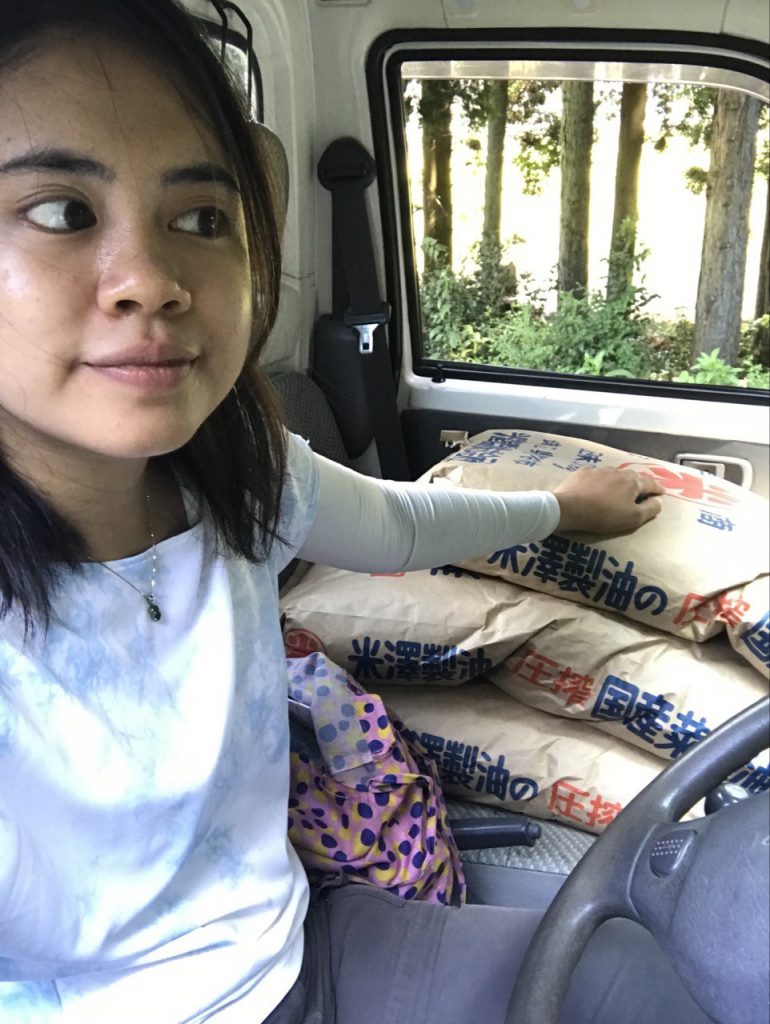
I was in Japan on a tourist visa for the first three months. I enrolled in this program called Worldwide Opportunities on Organic Farms(WWOOF); this is basically where you volunteer to work on an organic farm in Japan. It’s not paid, but you get accommodation and food in exchange for your labour.
During the program, I travelled through four different prefectures in Japan—Wakayama, Gifu, Totori, and Kyoto prefecture. As luck would have it, I was offered a working visa by the owner of d:matcha Kyoto as a Farm Production Assistant and Overseas Marketing Lead.
Not to sound cliche, but the timing felt like something the universe planned for me.
The Vast Farmlands of Japan
Japan is a lot bigger than Singapore in land size, which means it has space for people to actually farm. Of course, you can do that now in Singapore with hydroponics and vertical farming. But touching the soil and toiling in the fields is something else altogether.
Thanks to our climate and humidity, you also can’t really farm tea leaves in Singapore. Green tea is quite a niche crop, and I figured that Japan would be one of the places to do it if you ever wanted to cultivate it.
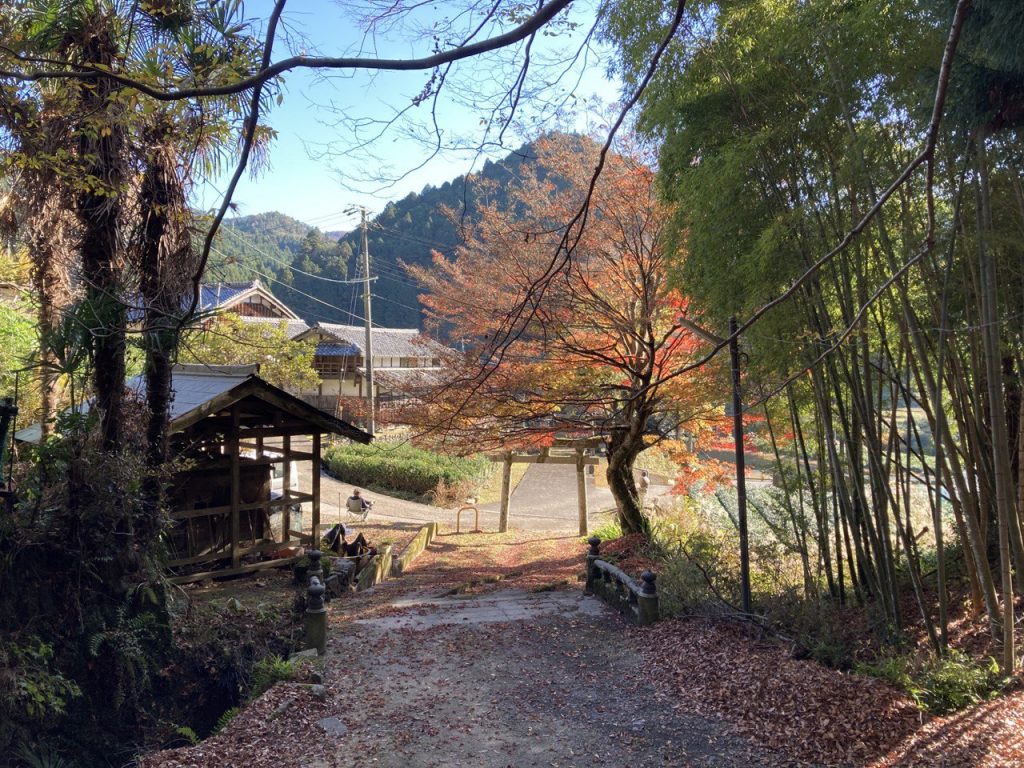
The other thing that Japan has that Singapore doesn’t have is actual seasons. Especially with farming, the seasons play a huge role in how the crops grow and even our daily duties on the farm.
ADVERTISEMENT
A typical day on the farm starts at around 8 AM. We would tailor our farming duties based on the weather and the season. If it’s raining, we’ll prune the tea trees or do other work like shading the tea trees. Shading is a crucial step in tea cultivation, where the tea trees are covered with a shade cloth to protect them against the elements.
This is also one of the last steps of making matcha—reducing the amount of sunlight on the top leaves increases chlorophyll production, giving matcha leaves that signature bright green colour. Then, if it’s a sunny day, we can apply fertilisers or even harvest the leaves.
Unlike Singapore, where it’s pretty much summer 24/7, you don’t feel the changes as much. I like being able to experience the seasons while farming. Some crops such as edamame grow well in the summer, while in the winter, crops like daikon thrive.
I’ve also come to better understand why some practices make more sense during certain times of the year. When the seasons change, the mood follows suit.
For example, you eat more sōmen (cold wheat flour noodles) instead of rice in summer. During winter, going to onsens (bathhouses) is much cheaper than drawing your own bath. You just can’t experience that in Singapore.
The Highs and Lows of Farming
From my time in Japan, I’ve since learned that farming is a multi-dimensional job. To be a farmer, you also have to be a technician, engineer, carpenter, and biologist; you have to learn so many different things.
Also, tea farming is an age-old Japanese tradition with many specifications (especially during the growing process), so it’s about understanding its nuances as well. As you can imagine, it’s a very rewarding job.
But however romantically you paint it, farming is arduous and labour-intensive work. There’s no other way to describe it.
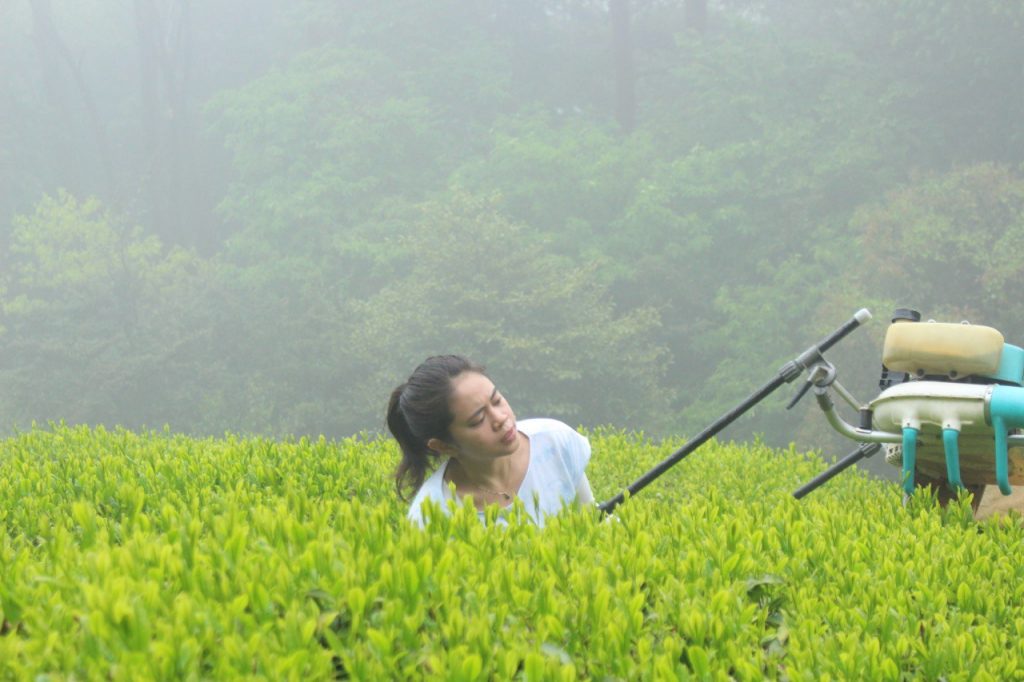
I remember one time I was farming during summer—that’s when we usually do the summer harvest for hojicha and genmaicha. The weather was a blistering 40° Celsius, and I was carrying 20 bags of fertiliser in the heat and distributing them across the fields.
ADVERTISEMENT
At one point, I put the bag down and started screaming because I was exhausted, depleted, and frustrated. Thankfully, I was alone. For a few moments, I sat on the ground and thought: What the fuck am I doing?
One of the neighbours nearby, an old man, saw me and asked, “Are you okay, it’s very hot today, huh?” in Japanese.
I was so embarrassed. “Have this snack, take a rest, okay and drink lots of water,” he offered.
There was also this one time when I was farming rice, and I was just thinking: “This is fucking sian. I don’t want to do this shit anymore”.
Still, despite many frustrating and difficult moments, I remember why I do it when I look across the field and see the sun setting. It’s enriching when you get to eat your produce because you can proudly say, “I made this”.
Assimilating into Japanese Culture
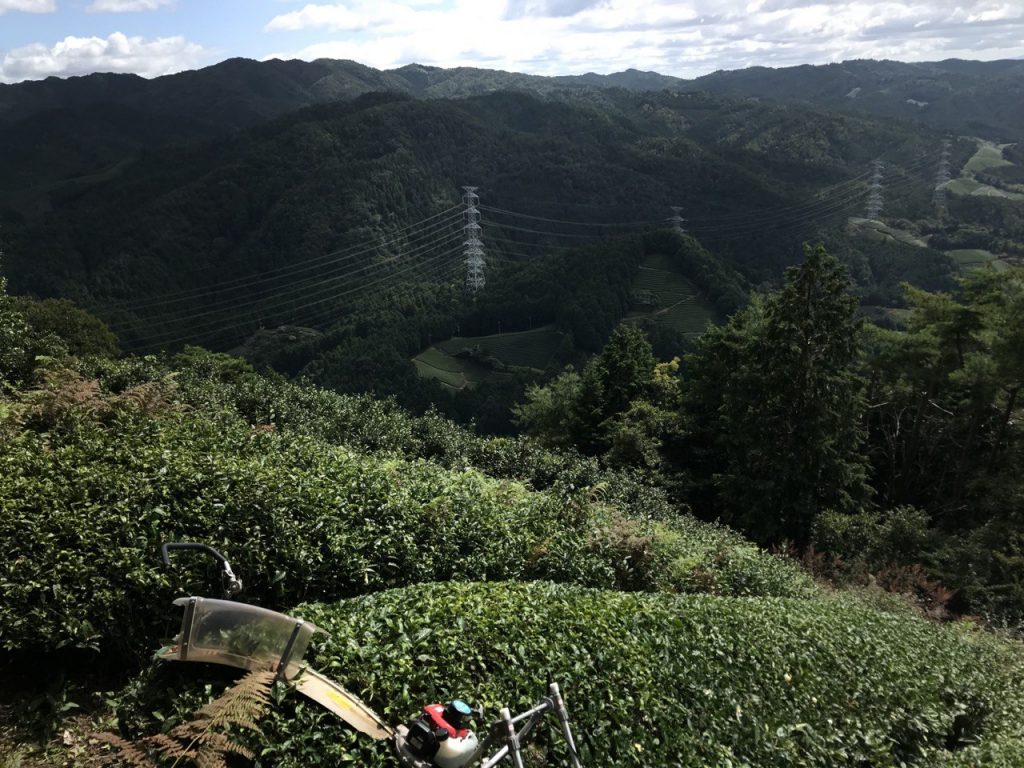
I moved to Japan at the start of the pandemic, and visitors were starting to trek back home. There weren’t a lot of other foreigners around, so people here know me as ‘the girl farming tea’.
For me, the language barrier was the hardest, especially in the countryside. They don’t speak the ‘standard’ Japanese because there are many dialects. I couldn’t understand what they were saying at the beginning.
They eventually warmed up to me because they saw me in the fields daily. They could see that I was actually doing the work—that’s when some of the older residents started talking to me. Mostly out of curiosity, I reckon. They must have wondered how a girl like me ended up here.
The Japanese have a lot of respect and reverence for your vocation. You can tell your Japanese friends anything you’ve been doing lately, and they’ll find it cool.
That is something I admire here compared to what sometimes happens in Singapore. When Singaporeans get to know that someone is a farmer, most times, the next question would be, “Oh, why would you do that? There’s no money in it, or it’s a very dirty job”.
For the Japanese, you’re held in the same esteem—no matter your job.
Seeing as I was in Japan farming at the peak of Covid-19, I became very close to the local community. Now, if I’m out with my friends from Nara, they’ll say, “Oh, we’re all from Nara”. They won’t even say that I’m from Singapore.
It’s a slight turn of phrase, but it means the world.
It’s something which I’m very grateful for because this is a small, tight-knit circle, and I don’t think a lot of foreigners have the chance to be so immersed in the community. For that, I’m very grateful.
Looking back, I will tell my younger self that this journey will be very, very hard. You have to make many sacrifices, and there will be a lot of crying—which is quite therapeutic.
I’ve learned that you have to believe in your choices and stay close to those around you who also believe in you. No questions asked.

